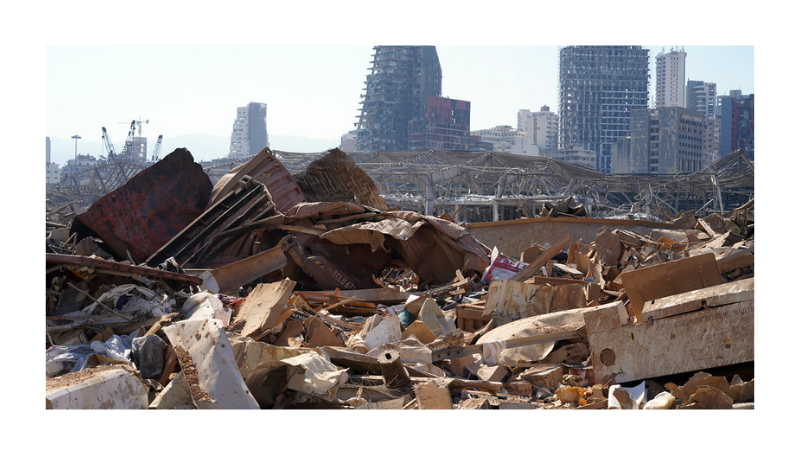Oma Mizrahi
INSS Insight No. 1916, Nov. 21, 2024
“New voices against Hezbollah are also emerging within the Shiite community, which has borne the brunt of the war.”
As the war between Hezbollah and Israel continues, the toll on Lebanon is steadily increasing. Despite Israel’s efforts to focus on targeting Hezbollah and avoid damage to civil infrastructure and institutions, the destruction in the combat areas has grown, alongside significant indirect economic losses. This situation creates a difficult reality for all of Lebanon’s residents, who have already been suffering from the country’s economic collapse for the past five years. In his speech at the Arab-Islamic summit in Riyadh on November 11, Lebanon’s caretaker prime minister, Najib Mikati, claimed that Lebanon is facing an unprecedented crisis that threatens its future. He mentioned the 1.2 million displaced people (about 20% of Lebanon’s population) who have been forced to leave their homes in the combat areas and asserted that no country can cope alone with the scale of damage inflicted on Lebanon.
At this early stage, it is still difficult to assess the extent of the damage to Lebanon due to the ongoing war. Official sources in Lebanon have provided various figures. In an interview with Bloomberg on October 25, Lebanon’s economy minister claimed that the cost of the damage so far is about $20 billion, while Prime Minister Mikati stated at the conference in Riyadh that the cost of the war is $8.5 billion. A similar figure was presented by the World Bank, which on November 14 published an initial estimate of the war’s cost until October 27. According to this report, the damage to Lebanon’s economy amounted to $5.1 billion, and the cost of rebuilding approximately 100,000 buildings alone is $3.4 billion. On November 11, the Kuwaiti newspaper Al Anba quoted a study by the Lebanese research institute Information International, stating that an estimated 193,000 housing units were damaged, of which about 40,000 were completely destroyed, with most damage occurring in villages near the border with Israel. The total cost of rebuilding, which would take up to four years, is estimated at $4.25 billion.
According to the World Bank, the war has cut Lebanon’s real GDP growth by at least 6.6% in 2024, whereas there has been a sharp and sustained contraction of over 34% of GDP in the past five years. Forecasts for the coming years also predict impaired growth. BMI-Fitch Solutions estimated on September 25 that next year will see a contraction of at least 5%. While Lebanon is in a poor position due to the economic crisis of the past few years, it has limited recovery capacity, and even before the war, it struggled to meet the International Monetary Fund’s demand for reforms required in exchange for requested loans. Meanwhile, it has been reported that the FATF (Financial Action Task Force) placed Lebanon on the gray list as a country under special examination until 2026 due to concerns about funding terrorism and a lack of judicial independence. Its placement on the blacklist would further complicate Western efforts to provide aid. …SOURCE
Orna Mizrahi, a senior researcher at the Institute for National Security Studies, joined INSS in December 2018, after a long career in the Israeli security establishment: 26 years in the IDF (ret. Lt. Col.) and 12 years in the National Security Council (NSC) in the Prime Minister’s Office (she served under 8 heads of the NSC). In her last position (2015-2018) as Deputy National Security Adviser for Foreign Policy, she led strategic planning on regional and international policy on behalf of the NSC for the Prime Minister and the Israeli Cabinet, and was responsible for preparing the papers for the Prime Minister’s meetings with leaders in the international arena.


